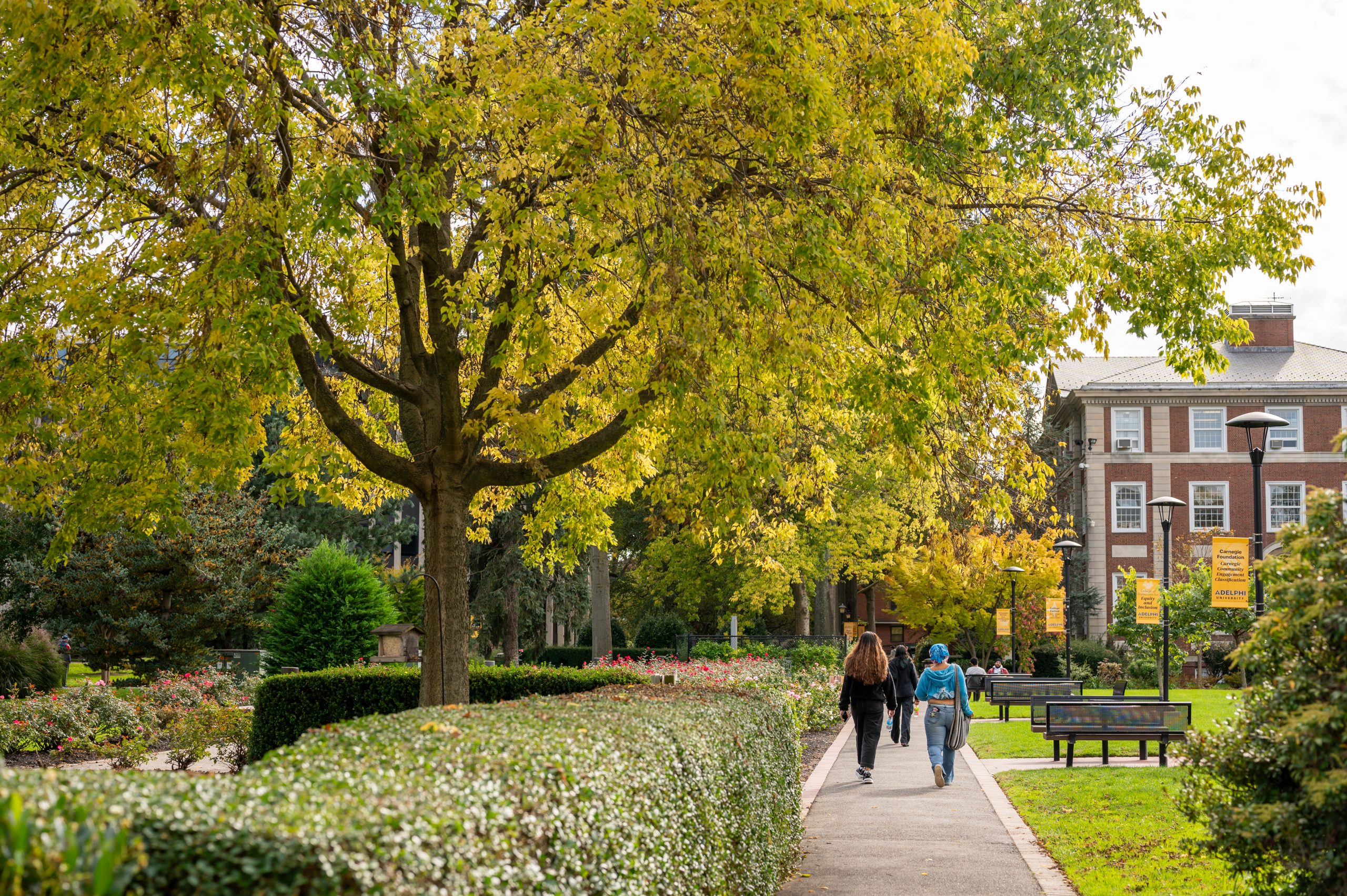The Federal Communications Commission (FCC) is now considering a proposal that could grant South Carolina prisons the authority to jam illegal cell phone signals within their facilities. This move is a significant step toward addressing a major security risk that has plagued correctional institutions for years.
Currently, federal law prohibits the use of cellphone jamming technology by any entity other than the federal government. This has created a challenge for states like South Carolina, where contraband cell phones are a persistent problem in prisons. Inmates often use these phones to organize criminal activities, threaten victims, and orchestrate drug deals from behind bars.
South Carolina corrections officials have been vocal advocates for a change in the law. They argue that traditional methods of finding and confiscating cell phones are not effective enough to combat the widespread issue. The ability to jam signals would neutralize the threat and prevent inmates from using the devices for illicit purposes.
The FCC has opened a public comment period to gather feedback on the proposal. This is a critical step in the regulatory process, as the agency considers the legal and technical implications of allowing state prisons to use jamming technology. While the technology would target cell phones inside the prisons, there are concerns about the potential for signal interference affecting nearby communities and businesses.
If approved, the waiver would be a major victory for South Carolina and other states that have long sought a solution to the security challenges posed by contraband cell phones. The decision could set a new precedent for how states manage security within their correctional facilities.
Sign up for our Sunday Spectator. Delivered to your inbox every Sunday, with all the news from the week.










